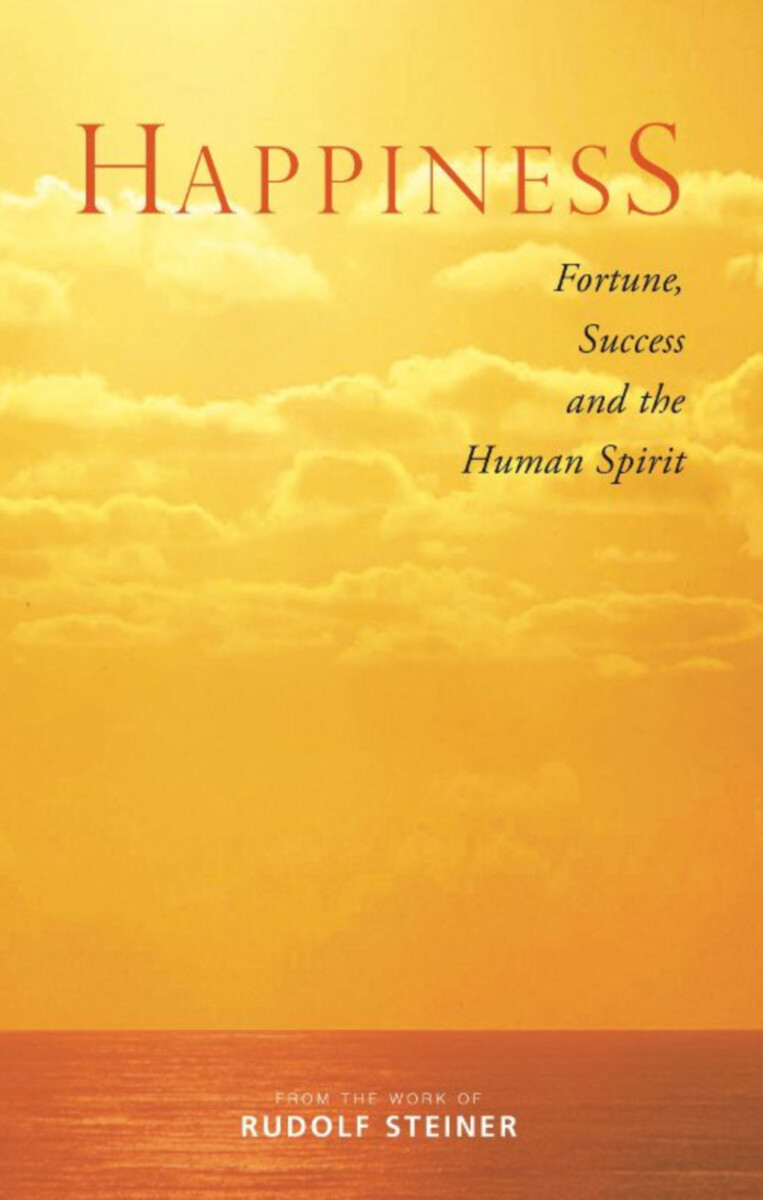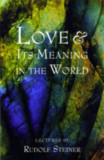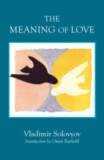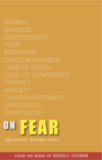Happiness
Fortune, Success, and the Human Spirit
Introduction by Daniel Baumgartner
Edited by Daniel Baumgartner
Translated by Matthew Barton
- Publisher
Rudolf Steiner Press - Published
7th July 2017 - ISBN 9781855845329
- Pages 72 pp.
- Size 5.3" x 8.5"
What is true happiness? This perennial question preoccupies many experts, including biologists, psychologists, sociologists, and theologians, but their findings usually confirm what we already knew—that happiness is one of the most sought-after but elusive commodities.
Rudolf Steiner’s liberating view of happiness opens up new vistas and perspectives. Happiness, he says, depends on the human spirit, whose continuing evolution draws sustenance from the totality of life’s experiences. We develop and learn in equal measure from good fortune and misfortune, success and disappointment. Steiner urges inner equilibrium, emphasizing the transience of outward happiness. Inward happiness, however, can never be taken from us, depending as it does on, “whatever we ourselves make of our outward fortunes.”
This rich and inspiring little book gathers all of Steiner’s statements on the theme and features two complete lectures on happiness and spiritual knowledge. It also includes an insightful introductory essay by Daniel Baumgartner.
C O N T E N T S:
Introduction by Daniel Baumgartner
The Essence and Appearance of Happiness
Berlin, December 7, 1911
Spirit Knowledge in Glad and Grave Moments of Life
Berlin, January 15, 1915
All References to Happiness in Rudolf Steiner’s Works
NotesSources
Rudolf Steiner
Rudolf Steiner (b. Rudolf Joseph Lorenz Steiner, 1861–1925) was born in the small village of Kraljevec, Austro-Hungarian Empire (now in Croatia), where he grew up. As a young man, he lived in Weimar and Berlin, where he became a well-published scientific, literary, and philosophical scholar, known especially for his work with Goethe’s scientific writings. Steiner termed his spiritual philosophy anthroposophy, meaning “wisdom of the human being.” As an exceptionally developed seer, he based his work on direct knowledge and perception of spiritual dimensions. He initiated a modern, universal “spiritual science” that is accessible to anyone willing to exercise clear and unbiased thinking. From his spiritual investigations, Steiner provided suggestions for the renewal of numerous activities, including education (general and for special needs), agriculture, medicine, economics, architecture, science, philosophy, Christianity, and the arts. There are currently thousands of schools, clinics, farms, and initiatives in other fields that involve practical work based on the principles Steiner developed. His many published works feature his research into the spiritual nature of human beings, the evolution of the world and humanity, and methods for personal development. He wrote some thirty books and delivered more than six thousand lectures throughout much of Europe. In 1924, Steiner founded the General Anthroposophical Society, which today has branches around the world.








